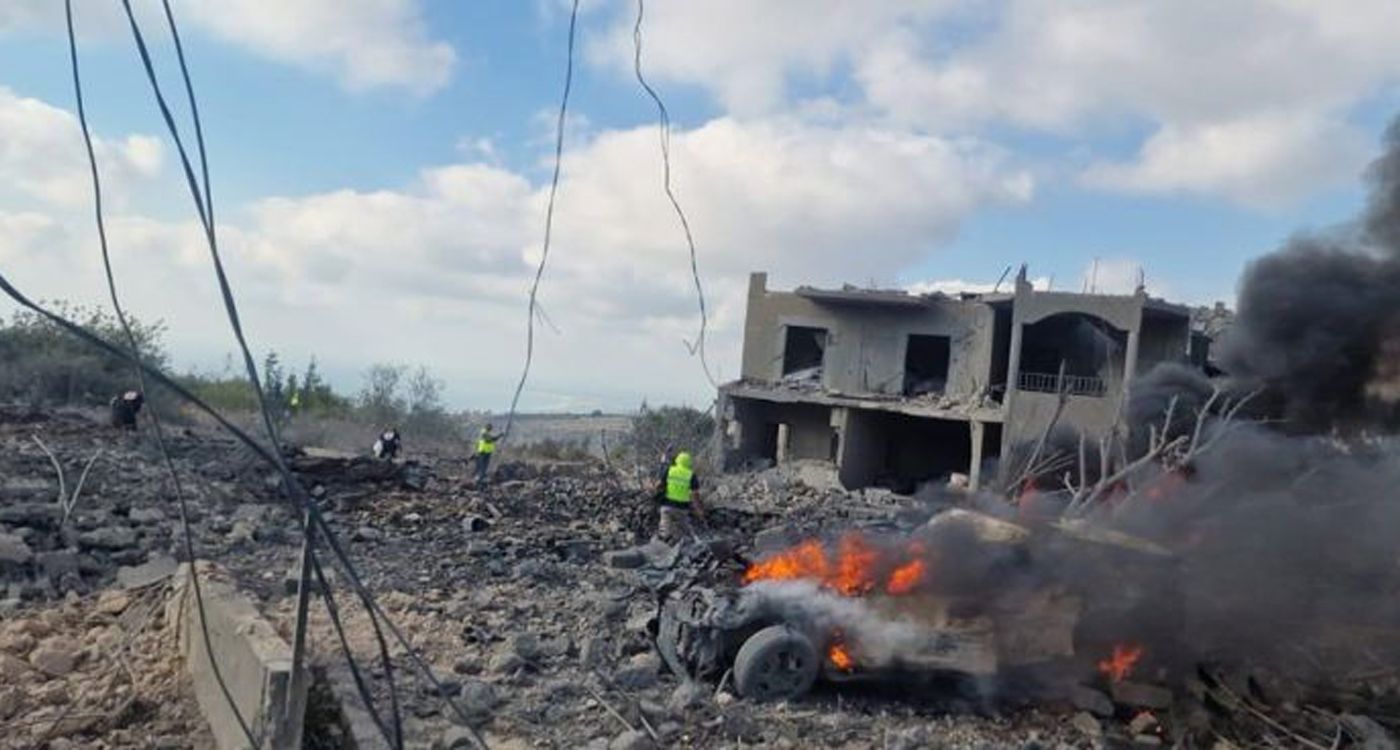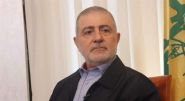
President-elect Donald Trump's return to the White House, described as a “tsunami,” offers him an opportunity to resolve global conflicts, as he had promised during his campaign. “I will fix the crises caused by the Biden-Harris administration,” he said. “I will end the suffering and destruction in Lebanon, and I will bring peace to the region very soon.” He also addressed the Lebanese community, stating, “Your families in Lebanon deserve to live in peace and harmony with their neighbors. This is only achievable through peace, and I look forward to working with you to ensure the safety and security of the great people of Lebanon.”
According to a diplomatic expert, Trump’s promises carry weight—he has the capability to tackle important crises. His victory marked a sweeping “shake-up:” He outperformed Harris in the popular vote, secured the Electoral College, gained a Senate majority, took control of the House and holds considerable influence over the Supreme Court. Therefore, he returns as a president with unparalleled power.
He is positioned to end the wars in Ukraine and the Middle East, while also securing a fair and lasting resolution to the Palestinian issue, including the establishment of an independent Palestinian state.
Meanwhile, the Biden administration is planning to send special envoy Amos Hochstein to Lebanon in a final attempt to broker a 60-day truce under the US-French proposal. This would pave the way for a presidential election, the deployment of the Lebanese army to the south and the implementation of UN Resolution 1701. Informed sources suggest that the new administration plans to rely on Hochstein’s expertise, keeping him as its representative.
Ahead of Trump’s election victory, Israeli Prime Minister Benjamin Netanyahu dismissed Defense Minister Yoav Gallant and appointed Foreign Minister Israel Katz to oversee the plan to “eliminate Iran's military footholds in the region,” starting with Hezbollah in Lebanon. Netanyahu is using the period before Trump takes office to increase pressure on Hezbollah to surrender its weapons, while Iran escalates its actions on the southern front to strengthen its leverage in future negotiations with the Trump administration.
In this context, Lebanese intermediaries in the US relayed an unwritten message from Trump to Iran, indicating his willingness to open a new chapter with them, on the condition that they cease the development of nuclear weapons. He also clarified that he would not intervene in Iran’s internal affairs, but stressed that Iran must stop meddling in the affairs of regional countries and exit the bloc of nations hostile to the US.
Sources close to Trump suggest that he has a final solution for the Middle East crisis, contingent on Iran's cooperation, which would involve the Abraham Accords. Meanwhile, diplomatic sources indicate that Biden had sent a message to Iran, signaling that he would double efforts after the elections to broker a ceasefire in Lebanon and Gaza, with a clear call for Iran not to hinder the process.
Based on this information, sources expect the return of Hochstein to Lebanon, while Hezbollah’s Secretary-General Naim Qassem has shifted the confrontation with Israel from a military framework to a religious one, positioning it within a doctrinal context to complicate negotiations. He has also refrained from separating Lebanon from Gaza, undermining hope in the political efforts of House Speaker Nabih Berri. Qassem's escalating statements were aligned with Khamenei's remarks, in which he said, “Jihad (holy war) continues in Lebanon, Gaza, and Palestine, and it will inevitably lead to victory.”
Netanyahu, on his part, is pushing forward with his plan to weaken Hezbollah.
In Syria, President Bashar al-Assad was given an ultimatum to meet a list of demands, which would ultimately facilitate a settlement, according to Western diplomatic sources.
Trump’s victory also reinvigorated the efforts of the five-nation group, known as the Quintet, aimed at pushing forward the presidential election, in parallel with US efforts to secure a ceasefire.
Diplomatic sources reveal that the Quintet addressed a “clear message” to both the Shiite duo Amal-Hezbollah and the opposition, urging them to elect a president swiftly, in line with the constitution, and without preconditions—such as dialogue, a ceasefire or prior consensus. The message emphasizes a commitment to the Taif Agreement in both spirit and text, rejecting any return to the dynamics of the 2008 Doha Agreement, which disrupted the Taif Agreement’s equal power-sharing, replacing it with a tripartite structure, under which the one third veto power in the Council of Minister was introduced.
According to a Western diplomat, “The Doha Agreement will not be revived,” because electing “a consensus” president under the conditions set by the Shiite duo would keep Lebanon within Iran’s sphere of influence. Lebanon must break free from Iran’s shadow to emerge as a truly sovereign state, capable of independent and autonomous decision-making.




Comments